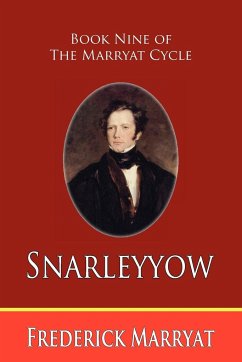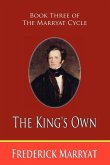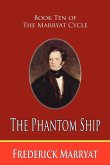From the Father of Modern Nautical Fiction "If Mr. MIdshipman Easy is today his best known story, the one which followed it, Snarleyyow, is in a purely literary sense the real masterpiece of his literary output, in which his skill in characterization and construction, coupled with his sense of the truly dramatic reached its peak." - The Oxford Companion to Ships and the Sea The story takes place in 1699, during the reign of William III, and touches on Jacobite affairs following the attempt of Sir George Barclay to assassinate the King. The dog (Snarleyyow), which plays such a prominent role, belongs to a rascally lieutenant commanding a small vessel hunting for smugglers. The lieutenant's avarice gets him mixed up with the Jacobites. But the real hero of the story is the half-starved sailor Smallbones. Captain Vanslyperken tries vainly to kill him-while Smallbones tries to get even by attempting to kill the captain's hated dog, Snarleyyow. But, somehow, neither will be killed. All attempts at drowning, bashing on the head, and hanging fail, as they both seem to live charmed lives. There is great macabre farce here as one crazy situation follows another; but, at the same time, the story has many episodes of characteristic fun and outrageous comedy.







